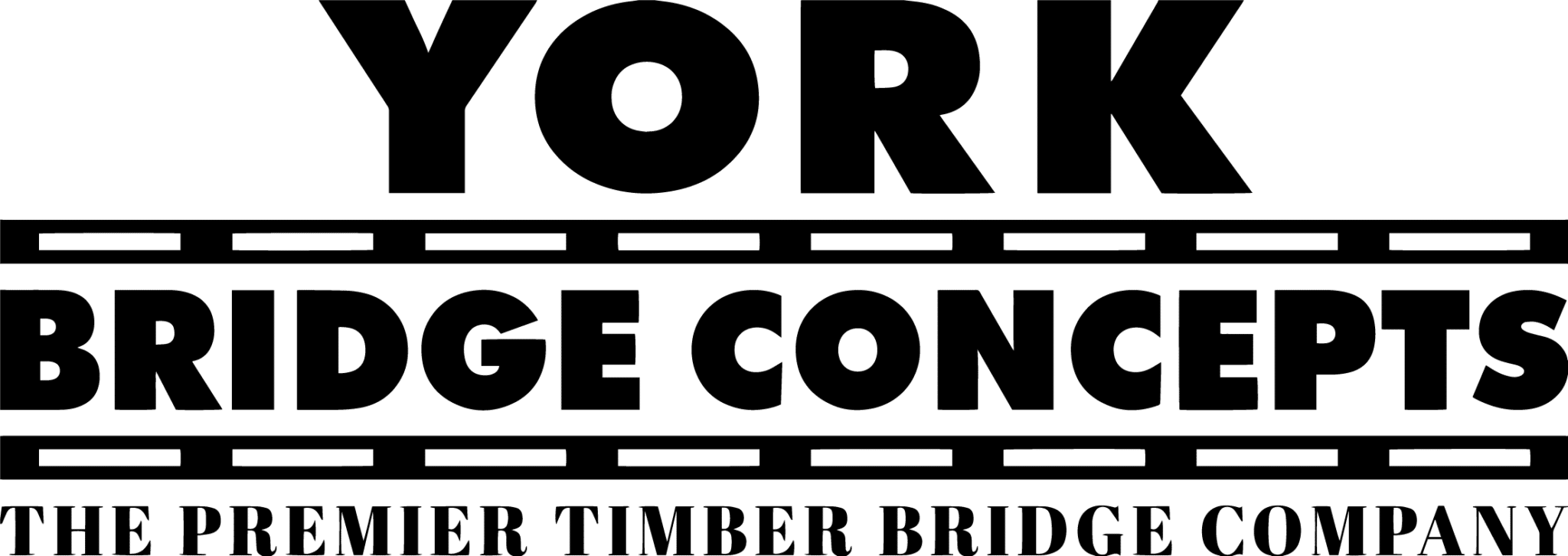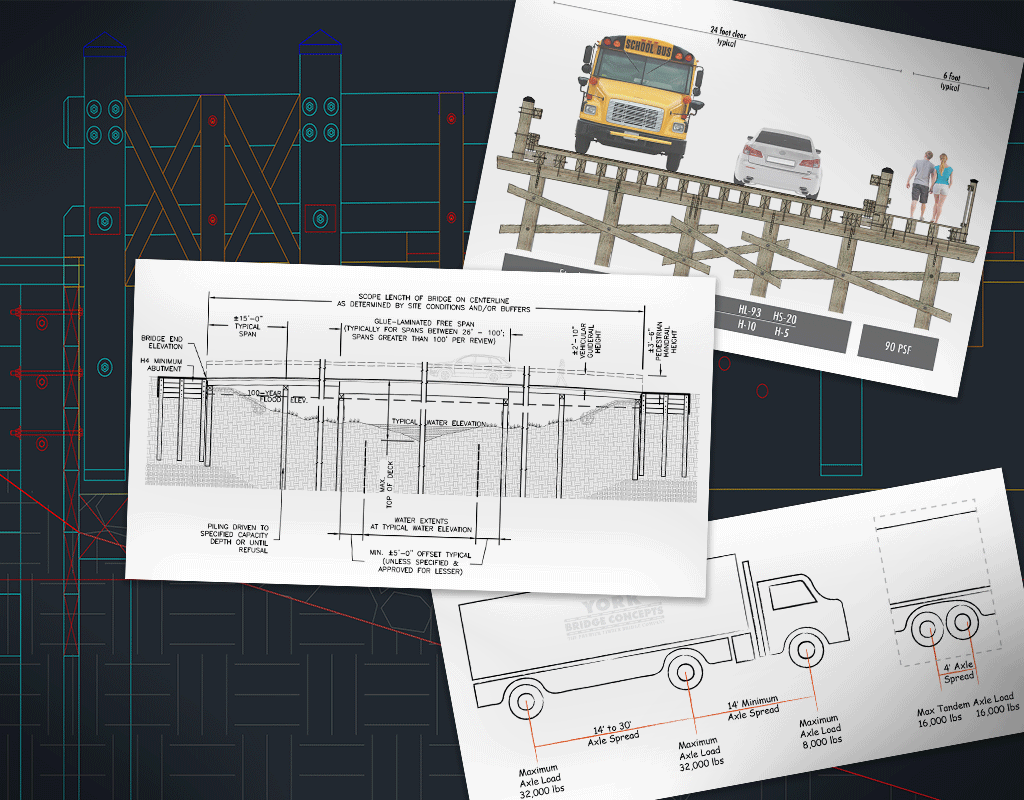Cost Comparison Of Timber & Steel
Choosing your crossing is a significant decision, and one of the most critical aspects to consider is the cost differences between a timber and steel bridge. York Bridge Concepts, renowned for its expertise in premium timber-built bridges, understands the importance of a budget-conscious approach. In this article, we'll provide a comprehensive cost comparison guide and explore how York Bridge Concepts offers cost-effective solutions without compromising on quality.
Initial Construction Costs of Timber vs. Steel
One of the first considerations when comparing timber and steel bridges is the initial construction cost. Timber bridges are often more cost-effective in this regard. According to a study published by the University of Minnesota Duluth, timber bridge construction can be similar in cost to steel. but save money by quicker construction, labor costs, less technical equipment, and lower maintenance costs over the timber bridge's life span.
Timber vs. Steel Bridge On-Going Maintenance & Lifecycle Costs
While initial costs are essential, the overall cost of ownership is equally crucial. Timber bridges, when properly designed and maintained using YBC's Decero-Designs, can be exceptionally durable and cost-efficient over their lifecycle. York Bridge Concepts' commitment to quality ensures that your timber bridge will have lower maintenance costs compared to steel alternatives. An article by Michael A. Ritter, Structural Engineer
The United States Department of Agriculture Forest Service states: "Although the initial cost for some surfaces may be higher than others, savings in future maintenance and replacement expenses over the life of the structure can more than offset the additional cost."
Consider The Overall Environmental Impact
York Bridge Concepts is dedicated to sustainable construction practices known as Ecotecture. Timber bridges, being made from a renewable resource, are inherently eco-friendly. Timber is also a carbon-neutral material. Choosing a timber bridge may align with your sustainability goals, which can have long-term cost benefits and environmental advantages.
One of the primary concerns is the environmental impact of steel production, which is energy-intensive and contributes to greenhouse gas emissions. The mining and extraction of iron ore and coal for steel production can lead to habitat destruction, soil erosion, and water pollution. Additionally, the application of anti-corrosion coatings on steel structures introduces harmful chemicals into the environment, posing risks to aquatic ecosystems. Moreover, ongoing maintenance and repainting of steel bridges require the release of volatile organic compounds (VOCs) into the atmosphere, further contributing to air pollution, which could results in fines if not properly regulated.
These factors collectively highlight the significant environmental challenges associated with steel-built bridges, emphasizing the need for sustainable alternatives like timber-built bridges that offer lower ecological footprints and a more eco-friendly approach to infrastructure development.
The Adaptability of Timber vs. Steel Construction
York Bridge Concepts understands that every project is unique. Timber bridges offer a high degree of customization and adaptability, which can lead to cost savings. Timber components can be easily modified and integrated into various site conditions, reducing the need for expensive alterations or adjustments.
Steel bridges often lack the flexibility for customization and adaptability that some projects demand. The innate rigidity of steel components can make it challenging to modify the structure to suit specific design criteria or accommodate unique site conditions, which are costly to change. Unlike timber bridges, which can be more easily tailored to meet the exact needs of a project, steel bridges typically require more extensive and time-consuming alterations, making them less adaptable to the evolving demands of a construction endeavor. This limitation can pose constraints and or added costs in scenarios where design versatility and adaptability are essential factors, further emphasizing the advantages of alternative materials like timber in bridge construction.
Leverage Expert Guidance
Making a well-informed decision about bridge construction requires expert guidance. York Bridge Concepts has a team of experienced professionals who can provide accurate cost estimates and advise you on the most cost-effective solution for your project. YBC's commitment to transparency and communication ensures that you have a clear understanding of the financial aspects of your bridge project.
Connect With A YBC Timber Bridge
Comparing cost differences between timber and steel bridges, cost is a pivotal factor. York Bridge Concepts is well-equipped to deliver premium timber-built bridges that are not only cost-effective during construction but also over their lifetime.
Partnering with York Bridge Concepts, you can have confidence in a bridge that meets your budget requirements without compromising on quality or sustainability. Your timber bridge will not only be an exceptional engineering feat but also a financially prudent investment.
Create Your Legacy Today
Discover the intersection of strength, durability, and environmental responsibility with York Bridge Concepts. Let's build a bridge to the future together.

